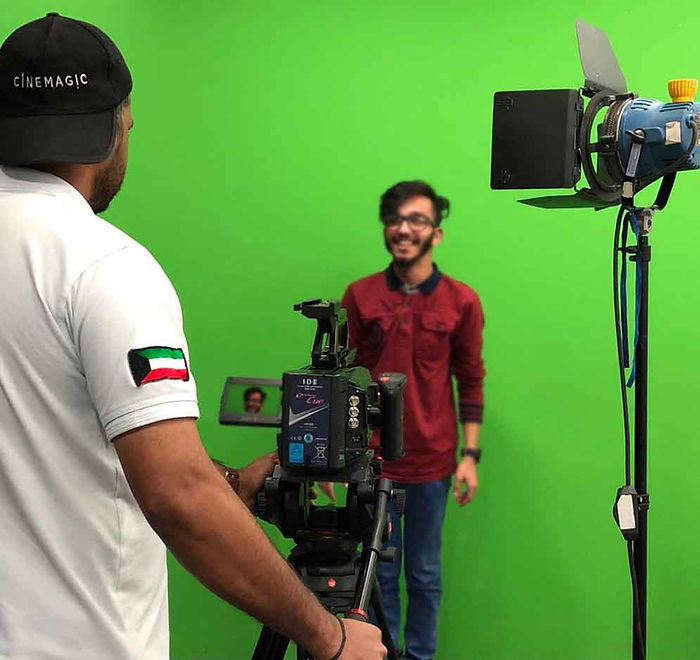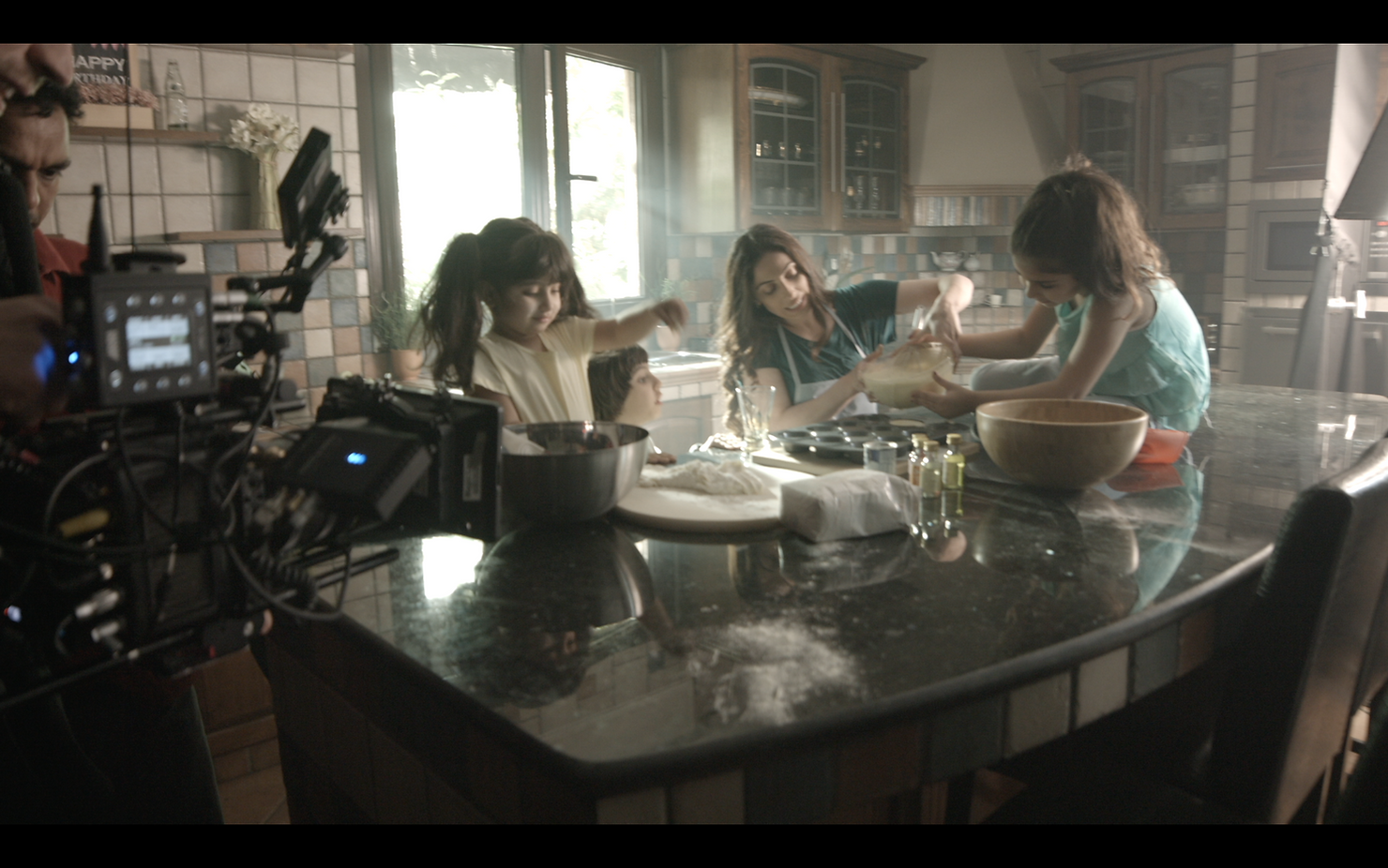You may think that acting for Screen and Stage is the same thing but they are not, in fact, some actors have walked through the doors of CINEMAGIC for screen auditions and acted for theatre.

This is understandable as trained actors are taught the skills and philosophies of Theatre practitioners and theorist.
The training will undoubtedly assist you and is necessary but, unless you have had some training with the camera it is easy to think that what you’ve learnt for theatre acting will transcend on screen.
But there is a difference, below I will summarize the two.
Acting for stage
The theatrical actor must have healthy vocals, clear annunciation of lines and clear diction, these are prerequisites especially if they are performing in a venue such as a large theatre where microphones are absent, and even when there are mics, voices can get lost or muffled if not clear. Actors must be aware of their character’s movement finding ways to express the role to a live audience. That is, using gestures, facial expression, and movement which is exaggerated thus ensuring that audiences in the top tier, rear seats can see them and the characters emotions.

Acting to a live audience
It usually means that you do not get a second chance at the performance, once on stage, the actor must execute learnt lines in character there’s no falling out of role even if lines are forgotten, therefore, being proficient at Improvisation skills and the art of creating is a must.
The use of space is another issue, when acting on stage the actor has (even when acting solo) to be aware of the large space and what the use of it communicates. This is not necessary when acting for the screen as lens take care of most of this (I will tackle this subject in another blog).
Once on stage, there will be times when a prop is in the wrong place or not there at all, and sometimes an accident may occur eg a piece of jewellery/prop falls or there is noise from off stage. All these have to somehow be catered for by the actor whilst on stage ie picking up the fallen items in character or incorporating the off stage noise into their lines or ignoring it altogether.
The theatrical actors exaggerated performance is to be seen and heard whilst on the other hand the screen actor has to be as natural as possible which in itself can be quite a task.
So in summation acting on stage means:
- No mic so project your voice
- Body language and facial expressions need to be exaggerated
- Learns lines
- All direction is during rehearsals
- You only get one take
- No laughing out of character
- If something goes wrong you cannot stop, improvise and continue
- Remain focused at all times
- Remember where props, furniture should be and your use of space
- All characters should be engaged even when not talking
- Live audience can make noise
- There could be real distractions
Acting for screen
On the other hand, when acting for the screen, the actor has to be as natural as possible. Yes, they have to have a healthy voice and good diction but, as there are microphones and sound technicians they do not have to project. With cameras close to actors exaggeration is not needed. Facial expression, body language mood and emotion all need to be kept natural as the camera can focus on even the most subtle emotions. This is where the difficulty lies as some actors think they must overact which is not the case in fact overacting is a big no-no.

Studying different practitioners and their styles will aid in a naturalistic performance such as Stanislavski’s ‘Magic if’ which requires the actor to embody a role, live the role, be the role in order to portray it. You must relax into your role, get out of your own headspace and into that of your character. Sometimes this can be quite a difficult process but once achieved you’ll have the most believable character. That being said, even if you think you have captured your role perfectly remember the director has the last say.


But don’t worry if you make a mistake, the camera is your audience, therefore, the camera person can stop filming (cut) and start shooting (take) your scene again and again until you get it right or until the director is happy.
Whilst we’re on the topic of shooting, it should be noted that unlike acting on stage where the performance of a whole play is acted out in one place, acting for the screen is quite different. That is, the scenes may not be shot in the same place or linear, which means you could be shooting the night scene before the day scene of the same day, changing locations to suit the day, time, weather, traffic etc this could be disorientating.
In Summation
- Actors should try and be as natural as possible
- Do not exaggerate your role be subtle
- Remember that scenes are not linear
- Voice projection, annunciation is not necessary
- Scenes can be retaken
- Listen to the director.
I hope that helped. Good luck with your next audition.
